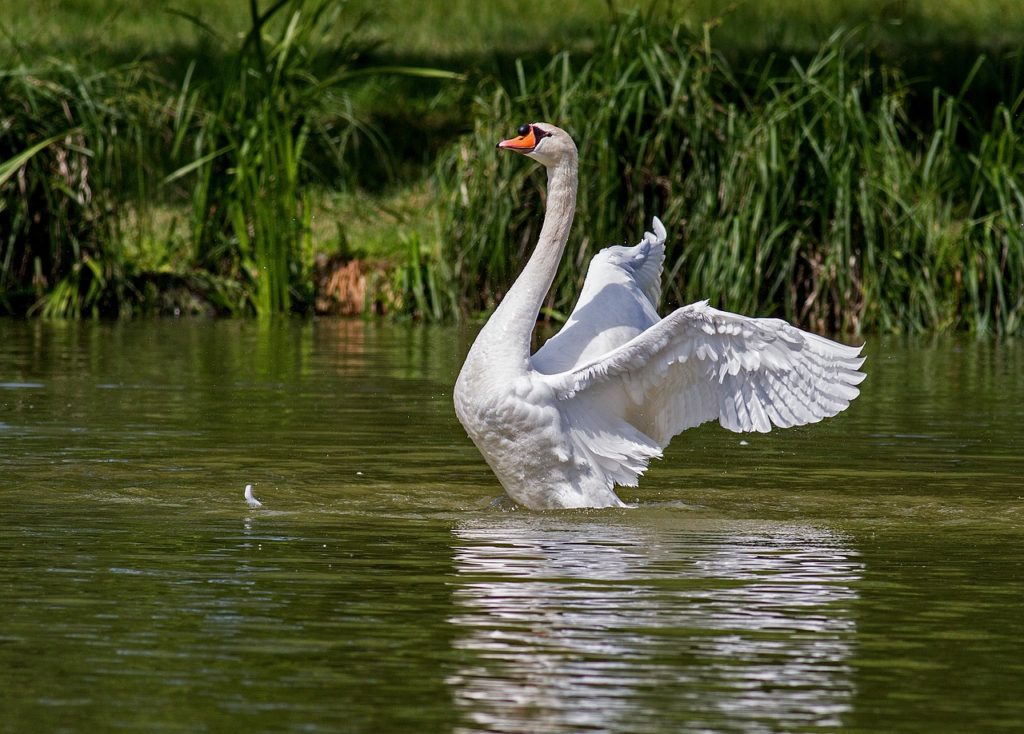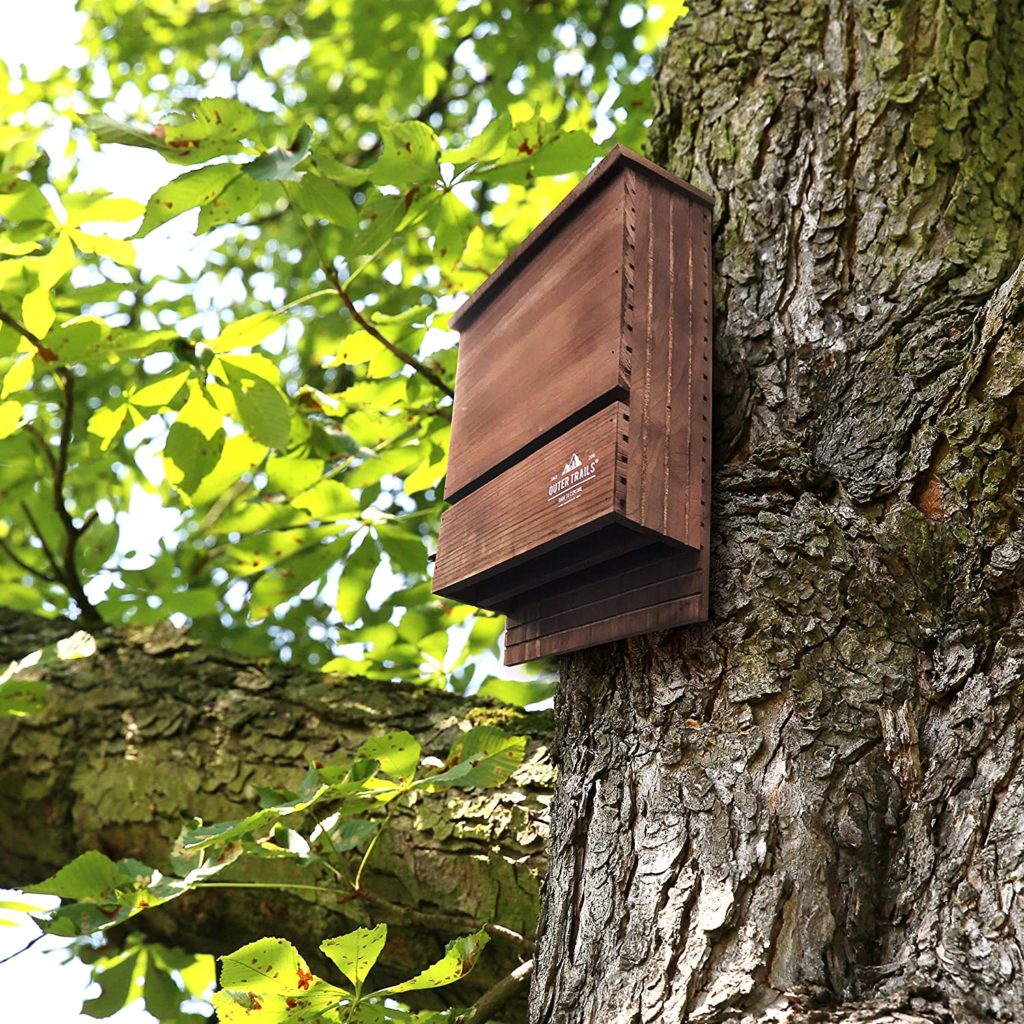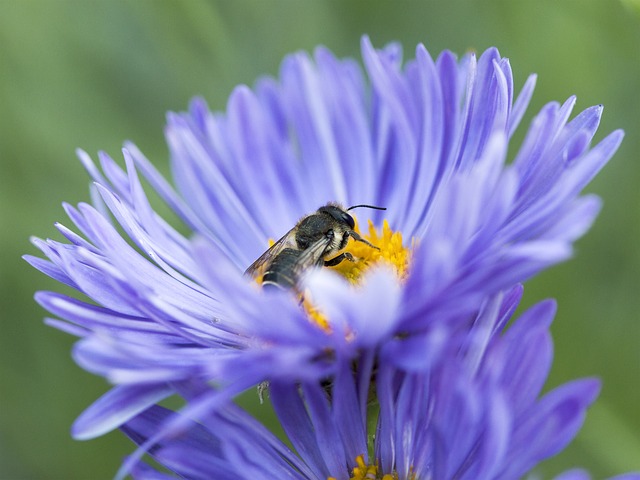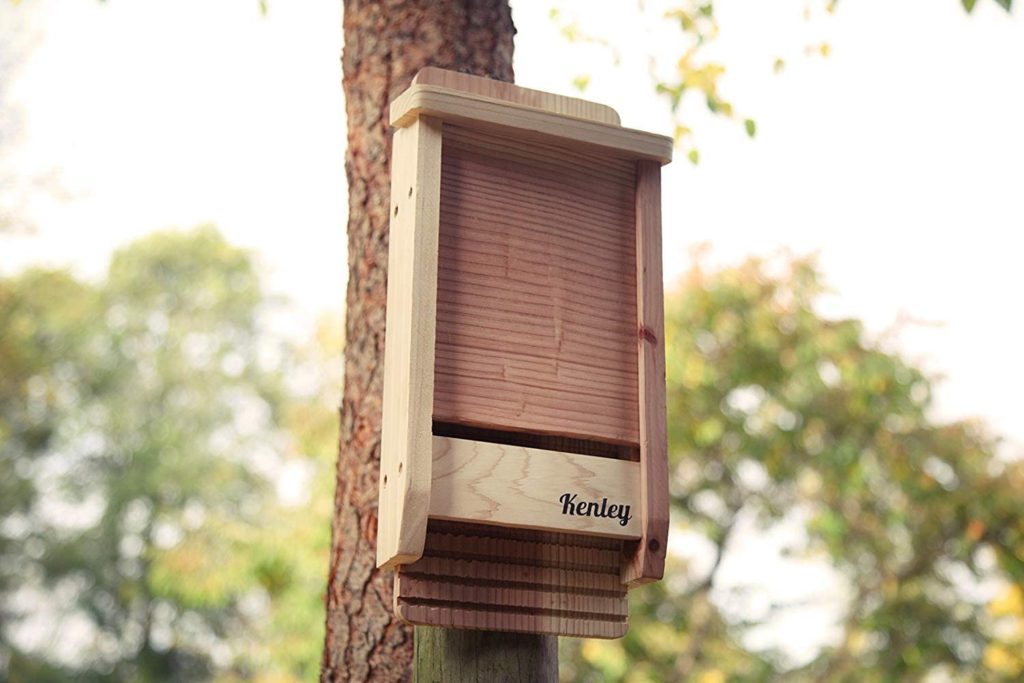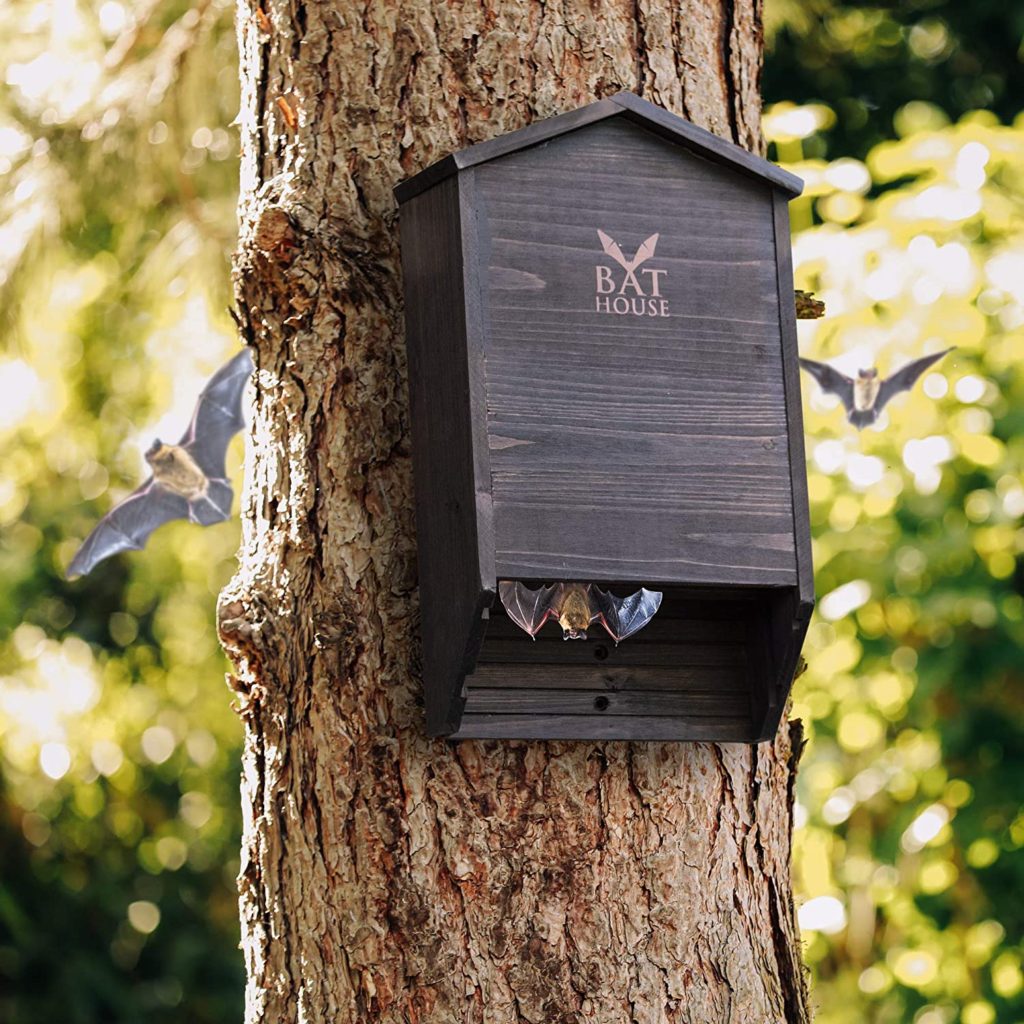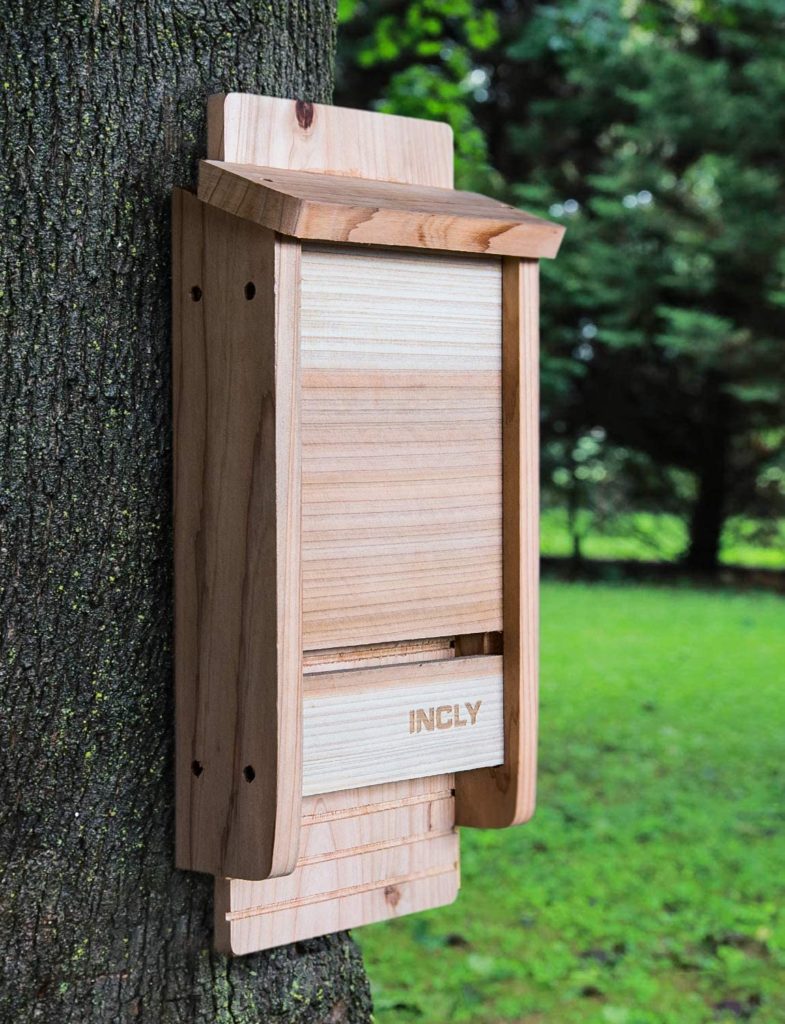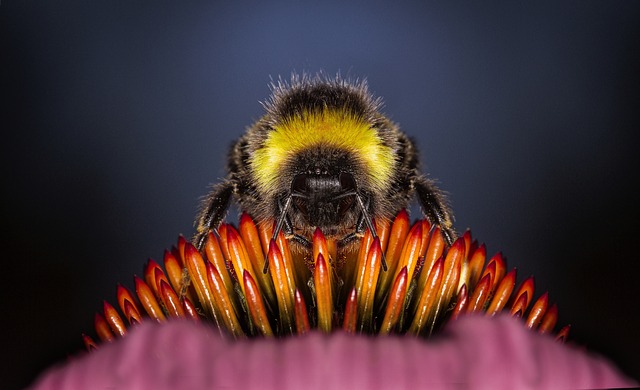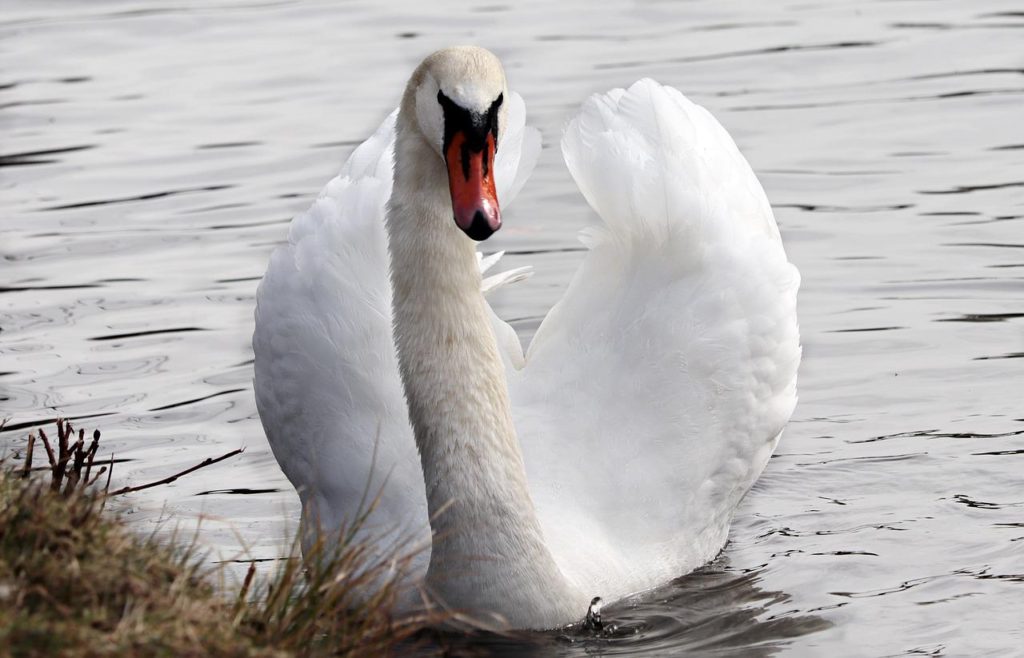
It’s widely known that swans are incredibly social and romantic creatures, so it can be disconcerting when you encounter a solitary swan. However, there are several reasons why this might be. So why would a swan be alone? Here’s what you’ll want to know.
But first, it’s important to understand the mating habits of swans in order to discern why one might choose to be alone.
Do Swans Really Mate For Life?
It’s one of the first questions that comes to mind when we think about swans, and it’s true! Swans mate for life, which has caused them to become a symbol of monogamy. When swans mate, they form a monogamous bond that can last for years and years. For the majority of swans, this happens before the age of two, with the pair then moving off together to find suitable mating territory.
Swans are incredibly faithful and committed, so you’ll often see them out in pairs. If the pair has cygnets, the entire family will go out together, with both swans actively parenting their children. To show their affection for one another, swans may press their chests together and entwine their necks. Their affection also translates into territorial aggressiveness, which is why swans will hiss and chase off any humans that approach their nesting places or their mates.
So, Why Would A Swan Be Alone?
Since swans have such strong monogamous instincts, it stands to reason that you should never see a lone swan. However, it isn’t unheard of and there are several reasons for it.
Divorce
Despite their base desire to attach themselves to a single mate, some swan couples do get “divorced’. This may be because of a failure to breed together, or because one of the couple has chosen to pursue another swan. If you see a swan alone, it may not currently have a mate because it has just separated from one.
Death
If a swan’s mate has recently died, the surviving swan will go through a mourning period. Some mourning swans may join a flock for the company, but others will choose to remain alone in their nest, which is where you’ll observe them.
Temporary Separation
Not all swan separations are equivalent to divorce, so if you spot a swan going solo, its mate may be behind or concealed behind some grass or plants. Swans enjoy being close to their mates, but that doesn’t always mean being glued to each other’s sides!
It’s Not Mating Season
Naturally, mated swans spend pretty much all of their time together, but it’s normal to notice some swans going solo outside of mating season. Swans typically mate and breed in the spring, so they’ll likely be courting before that if they’ve met the one. But if they haven’t yet, it’s not unusual to see them roaming alone.
Age
As previously stated, most swans meet their mate before the age of two, so it’s natural for younger swans to not be paired up yet. They still have lots of growing to do before they’re ready for courtship. When the time comes, they’ll find a mate and then start to build a shared nesting habitat.
So, if you’re out birdwatching and discover a lone swan, there’s likely no cause for alarm. There are many different and perfectly natural reasons why a swan might be alone.
Start Shopping for Birding Gear!
How Does A Heron Catch Fish?
The great blue heron is well-known for its looks but also its fish-catching abilities. Whether in the wild or someone’s backyard pond these large birds are master hunters. So how does a heron catch fish? Here’s what you’ll want to know. Built For Success While herons...
What Direction Should A Bat House Face?
Buy on Amazon Bats are very particular when it comes to whether or not they will move into a bat house. One of the most important factors is the temperature inside, which will be strongly influenced by the direction that the house is facing. So what direction should a...
When To Put Up A Bat House
Buy on Amazon Bats can be a big benefit to your yard. But they can be picky when it comes to where they actually decide to roost. Knowing when to put up a bat house can help to tip the odds in your favor. Basic Seasonal Bat Behavior Many people don’t realize that in...
Bat Attractant: The Secret Weapon For Bat House Success
Buy on Amazon Purchasing a bat house is easy, however, having a colony of bats take up residence inside it is sometimes another story. To tip the odds in your favor using bat attractant can help. Here’s what you’ll want to know when considering using it. Bat House...
How To Attract Bats To Your Bat House
Buy on Amazon Having bats in your yard offers many fantastic benefits. So it’s no wonder that more and more people are installing bat houses in an attempt to get them to stay. However, you’ll first need to know how to attract bats to your bat house if you want them to...
The Buzz About Bee Gardens
Chances are if you’ve been paying even a little bit of attention, you’ve heard about the “beepocalypse.” Depending on the source, you’ve likely seen varying levels of concern. While some experts are simply following the phenomenon, others are downright alarmed....
What Does A Bat House Look Like?
Buy on Amazon Bat houses are shelters made specifically for bats. These flying mammals have special needs that houses are designed to meet. So what does a bat house look like? Well, read on and find out! Bat House Designs Houses for bats actually look like boxes. For...
What Is A Bat House?
Buy on Amazon What is a bat house? And better yet, why would you want one on your property? These are both commonly asked questions. Whether you’re just curious or have always wanted to have bats in your yard here’s what you’ll need to know. Bats are nocturnal...
The Top Bat House Benefits
Buy on Amazon A bat house is a specially designed shelter for bats. It provides them with a safe and convenient place to sleep. While they are great for the bats, there are many bat house benefits you can enjoy as well when you have one in your yard. Keep Bats Out Of...
Where To Put A Bat House
Buy on Amazon Where to put a bat house is an important decision. If it’s not in an appropriate spot, you may be putting your resident bats in danger. Or you may end up with an empty house since no bats are interested in living in it. So you’ll need to know a few...
Beneficial Garden Insects And Creatures Often Confused For Pests
There are many animals that we consider to be pests. However, many of them actually perform critical tasks and help to control the populations of much more devastating species. The following beneficial insects and creatures are ones you’ll want to keep around....
